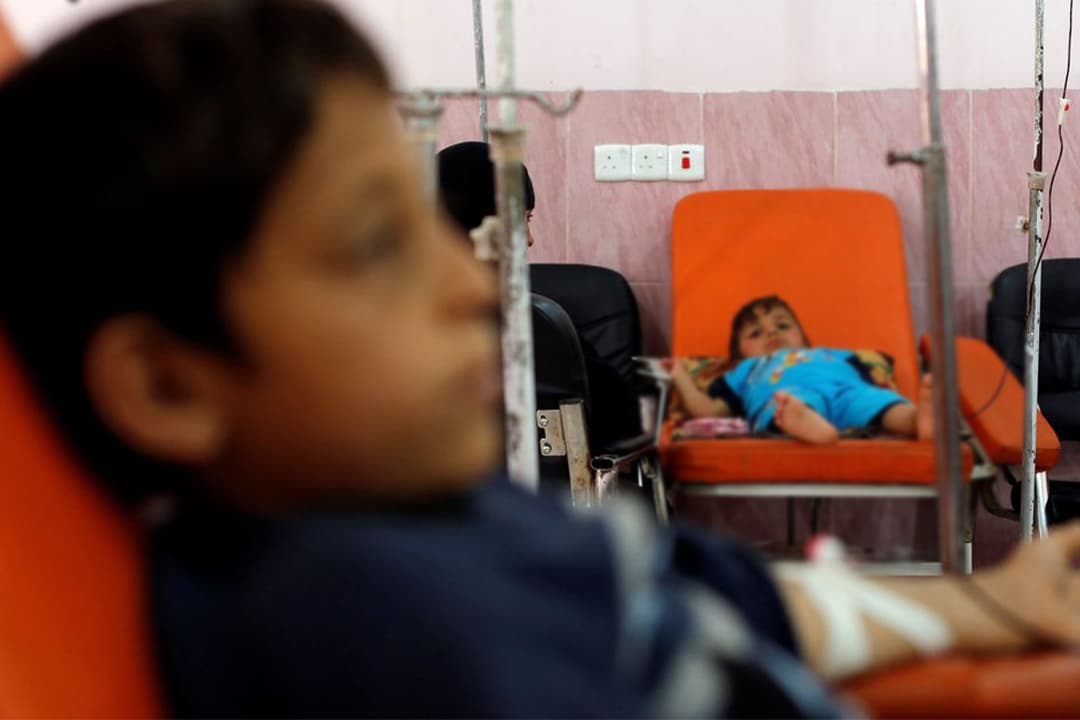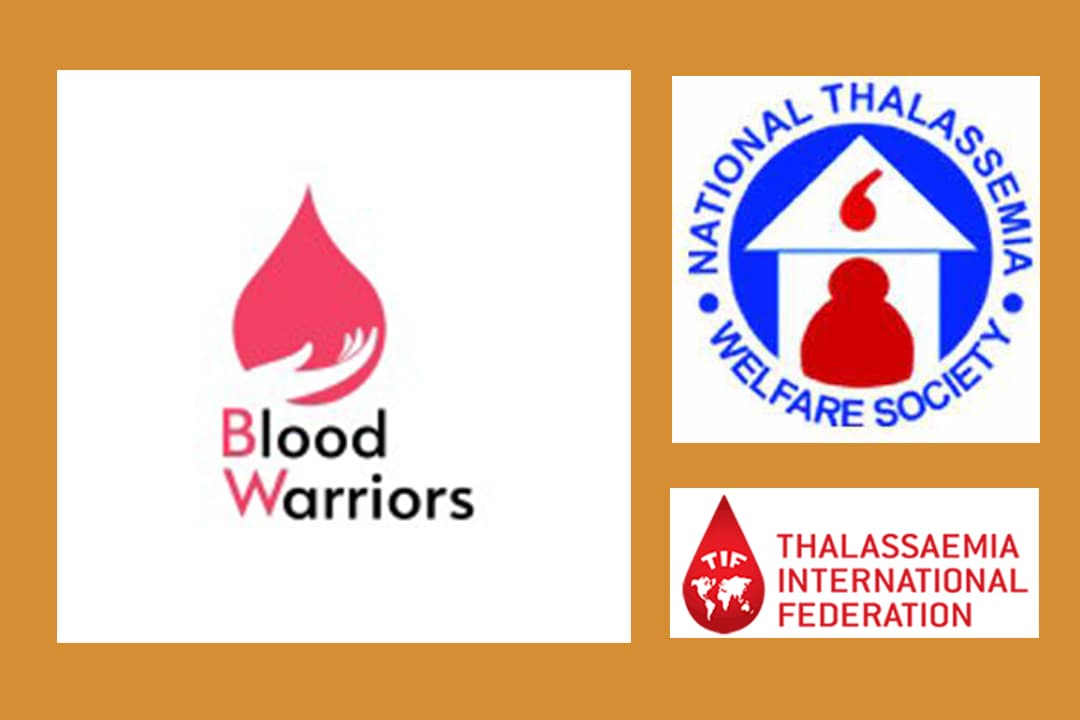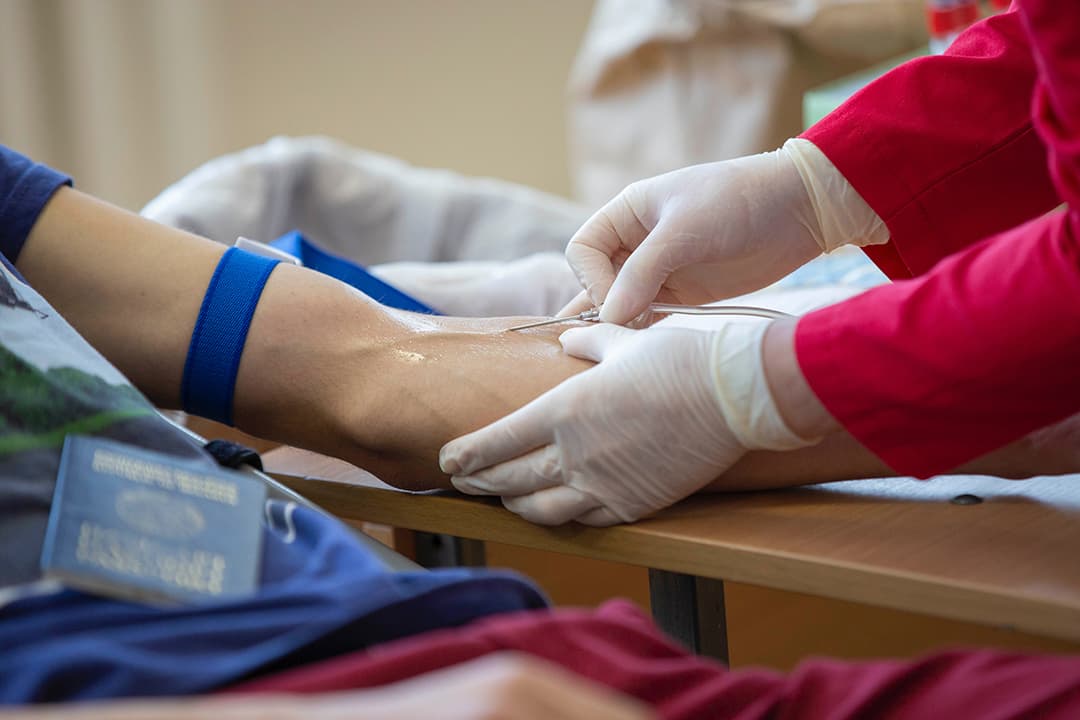Evolution of Policies for Thalassemia in India
Blood Warriors
June 5, 2025
Thalassemia is a genetic blood disorder that affects the production of hemoglobin, a protein found in red blood cells that carries oxygen throughout the body. The condition has been recognized for centuries, and over the past 100 years, there have been significant advances in the understanding, diagnosis, and treatment of thalassemia.
In India, thalassemia has been recognized as a public health problem for several decades. In the early 20th century, the main treatment for thalassemia was blood transfusion therapy. This involved regularly transfusing blood into patients to replace the missing or defective hemoglobin. While this treatment was effective in managing the condition, it was also associated with significant risks, including the transmission of infectious diseases and iron overload.
In the 1970s, the development of chelation therapy revolutionized the treatment of thalassemia in India. This treatment involves the use of medications to remove excess iron from the body, which can build up as a result of blood transfusions. Chelation therapy greatly improved the quality of life for those with thalassemia and significantly reduced the risks associated with blood transfusion therapy.
In recent years, the Indian government has implemented several policies and initiatives to support those affected by thalassemia. For example, the government provides free medical treatment for those with thalassemia, including blood transfusions, chelation therapy, and other medications. The government has also implemented policies to promote the availability of pre-natal testing and genetic counseling, with the goal of reducing the transmission of thalassemia.
Despite these efforts, there is still more work to be done to improve the lives of those affected by thalassemia in India. Here are some steps that can be taken to make the future better for those with thalassemia:
- Increase access to medical care: Ensuring that those with thalassemia have access to quality medical care is essential for managing the condition and improving the lives of those affected. This includes providing access to blood transfusions, chelation therapy, and other treatments as needed.
- Support research: Continued research is needed to better understand thalassemia and to develop new and more effective treatments. The Indian government, foundations, and other organizations can support research efforts by providing funding and other resources.
- Promote genetic counseling and pre-natal testing: Pre-natal testing and genetic counseling can help to reduce the transmission of thalassemia by enabling couples who are carriers of the thalassemia gene to make informed reproductive decisions. The government and other organizations can promote the availability of these services and educate the public about their importance.
Address stigma and discrimination: Thalassemia can be accompanied by significant stigma and discrimination, which can have a negative impact on the lives of those affected by the condition. The government, NGOs, and other organizations can work to address stigma and discrimination by promoting awareness and understanding of thalassemia and by supporting those affected by the condition.
Overall, there is still much work to be done to improve the lives of those affected by thalassemia in India. By taking steps to increase access to medical care, support research, promote genetic counseling and pre-natal testing, and address stigma and discrimination, we can make the future better for those with thalassemia.
Additional Resources:
1. "Thalassemia in India: Challenges and Opportunities" by R. Balasubramanian and P.K. Janaki, published in the Indian Journal of Medical Research in 2015: This paper discusses the epidemiology of thalassemia in India and the challenges and opportunities for improving the care and management of those affected by the condition.
2. "A review of the impact of thalassemia on the quality of life of patients and their families in India" by R. Balasubramanian and P.K. Janaki, published in the Journal of Clinical and Diagnostic Research in 2016: This paper reviews the literature on the impact of thalassemia on the quality of life of patients and their families in India, and discusses the challenges and coping strategies of those affected by the condition.
3. "Genetic counselling and pre-natal diagnosis of thalassemia in India: A review" by R. Balasubramanian and P.K. Janaki, published in the Journal of Clinical and Diagnostic Research in 2017: This paper reviews the current status of genetic counseling and pre-natal diagnosis of thalassemia in India, and discusses the challenges and opportunities for improving the availability and uptake of these services.



